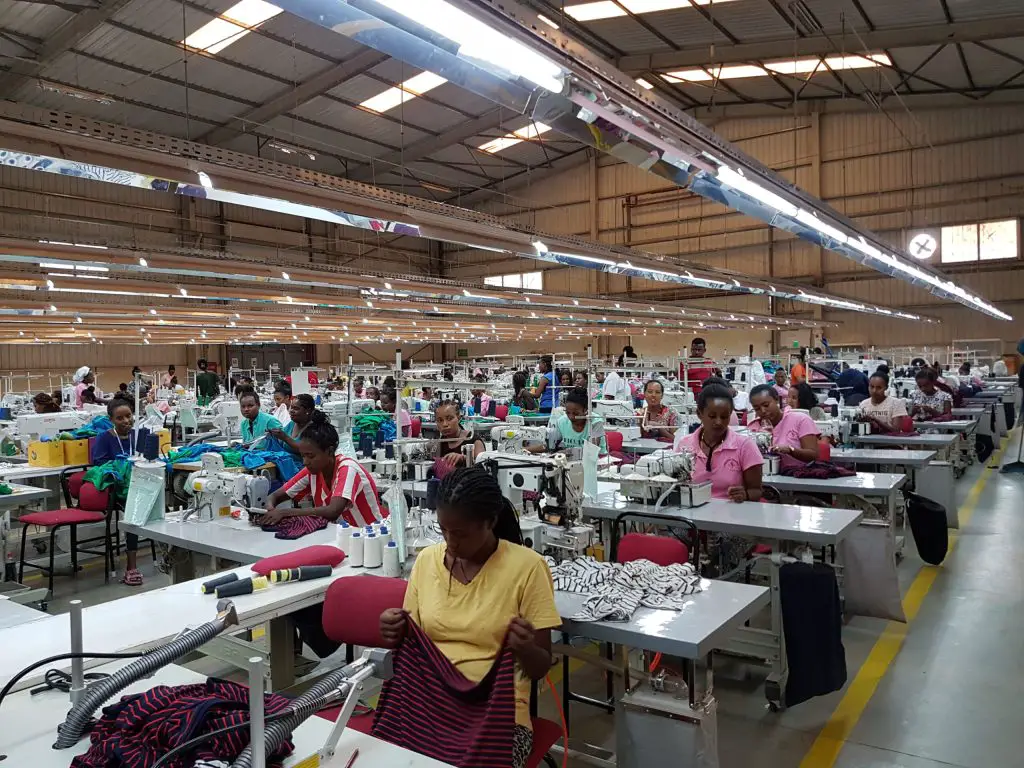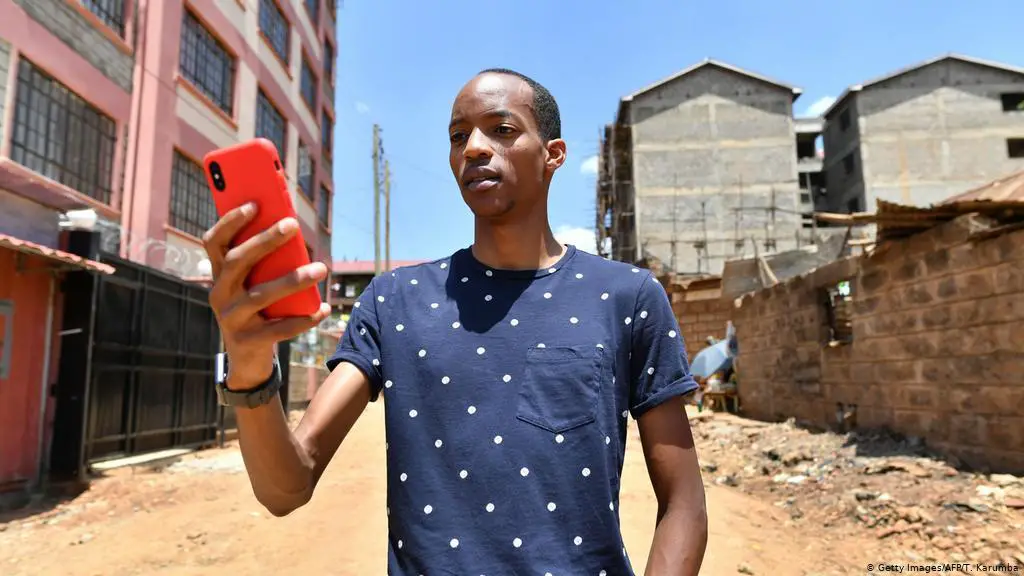- Africa’s new dawn: the rising role of digital and AI in agriculture
- Can Dangote Refinery Transform Africa Energy Ambition
- Gallup Survey: 80 per cent of Kenyan Workers Are Disengaged and Seek New Opportunities
- Madagascar Man Freed from 5KG Tumor After 15-Year Struggle
- How women in Africa are perceived and treated
- Sugar consumption in Kenya to Increase to 1.23 Million Tonnes
- Can Somalia and Turkey Oil deal Bring Change in Somaliland
- Remittances to Kenya dropped to $371.6 million in June, marking a six month low
Browsing: e-commerce in Africa
- One of the most important ways a fintech can listen to its customers is to gauge how they engage with its products.
- Having a deep understanding of customer needs results in innovative solutions.
All around the world businesses are pulling out the stops to achieve growth in what can best be described as challenging economic conditions. Africa is no exception. The continent has long been recognised for its immense potential, and as such businesses across sectors are investing heavily into the continent.
Advancements in technology make serving the unbanked and underserved populations in Africa more viable than ever before. However, that does not mean growth comes easily. It is a hyper competitive and complex environment where genuinely understanding your customer is key to growth.
Even with this textbook understanding, there is a strong urge to take the “build it and they will come” approach because we can get caught up …
- Kenya’s online retailer, Sky.Garden has relaunched operations following a $1.6 million buyout by Lipa Later Group.
- This move has propelled Sky.Garden will revamp its platform, aiming to onboard 100,000 merchants in 2024.
- The revamped platform introduces a suite of new products, including Sky.Tickets, Sky.Logistics, Sky.Commerce, and Sky.Wallet.
Sky.Garden, one of Kenya’s online retail platforms, has relaunched operations in East Africa’s most advanced economy following a $1.6 million buyout by the Lipa Later Group.
This strategic move has propelled Sky.Garden will revamp its platform, introducing innovative features and diversified product offerings, to onboard 100,000 merchants by 2024.
During the launch event, Juliet Wanjiru, the Head of e-commerce at Sky.Garden shared the company’s visionary strides, highlighting the platform’s evolution into a comprehensive e-commerce ecosystem transcending conventional online retail. Wanjiru emphasized.
Sky.Garden unveils a new suite of platforms.
“Today marks a significant milestone in the evolution of Sky. As we embark on a …
The age of robots is here and in full throttle Africa is embracing this technology, pertinently in the rapidly evolving warehousing and logistics sector. Industrial robots are set to take over this lucrative field, performing various tasks and automating warehouse and storage processes. The global industrial robots market size is set to grow at a compound annual growth rate (CAGR) of 14.7% to $6.18B in 2023 from $5.39 of 2022. At breakneck speed Africa is drawing deeper into the whirlpool of the fourth industrial revolution (4IR); marked the rapid proliferation of robotics and Artificial Intelligence (AI) startups in the continent. In light of this, the Uniccon Group based in Nigeria made an indelible mark in November 2022, by building Africa’s first humanoid robot, a 6-foot-tall multilingual human-like robot called Omeife, launched by Vice President Yemi Osinbajo.
The need for industrial robots in the warehousing and storage market, has been prompted …
The African Continental Free Trade Area (AfCFTA) has been hailed as a catalyst to immense economic development in Africa; a flagship project of the AU’s Agenda 2063, projected to boost intra-African trade, connect over 1.3B people across 55 countries with a combined GDP of about US$3.4 trillion.West Africa is one of the fastest growing regions in Africa and is the official headquarters of the AfCFTA, located in Accra, Ghana; which is among the countries that will commence trading soon.
The region is comprised of sixteen countries which include: Burkina Faso, Benin, Togo, Nigeria, Ghana, Guinea, Mali, Cape Verde, Niger, Senegal, Sierra Leone, Gambia, Guinea-Bissau, Mauritania, Ivory Coast and Liberia. According to the 2020 World Bank Report, ’The African Continental Free Trade Area: Economic and Distributional Effects’; West Africa would see the biggest decline of an estimated 12 million people living in extreme poverty, which is a third of the total …
It has never occurred in Africa for people to remain indoors, work from home and limit human interactions as much as possible to curb the spread of disease.
Nearly 42 nations enacted partial or full lockdowns to limit the spread of the coronavirus (COVID-19), hence—this ushered rolling drums for other aspects of life to take form, particularly digitization of life.
Africa, a continent of more than 1.3 billion people, experienced the horror of the virus as massive volumes of trade and goods ceased to interact within the economy pool, forcing some communities to adopt other means of life, including being well versed with virtual meetings, online shopping, online learning and online working.
As Rwandan President Paul Kagame says, “…the pandemic is a test for us. The way we address it shows our level of preparedness against anything that attempts to disrupt our lives and …









